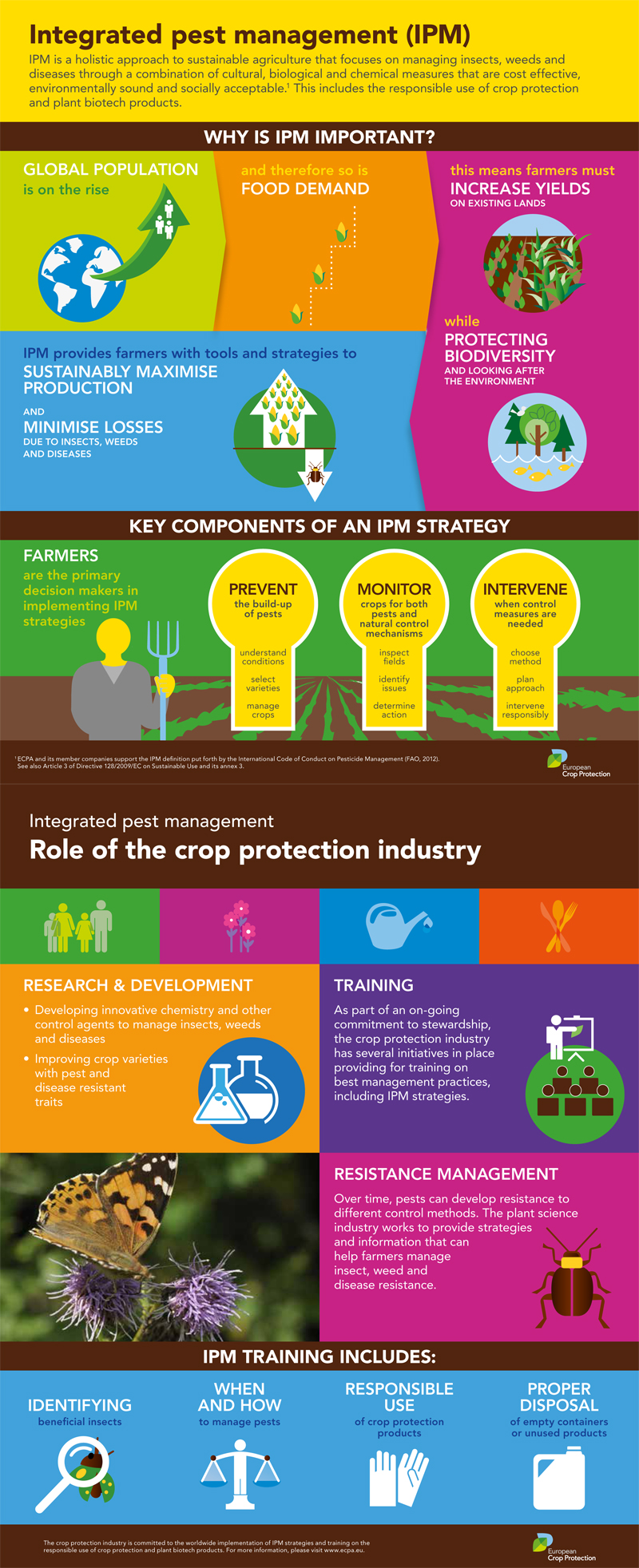Pest-Proofing Your Yard: Tips For Keeping Outside Pests Away
Pest-Proofing Your Yard: Tips For Keeping Outside Pests Away
Blog Article
Write-Up Author-Lauritsen Merritt
Imagine your yard as a haven, a place of serenity and appeal. However, the visibility of exterior bugs can swiftly interrupt this picturesque image. What happens if there were basic yet reliable methods to maintain these unwelcome site visitors at bay and shield your yard sanctuary? By following a couple of functional suggestions and applying all-natural approaches, you can develop an unified exterior space where your plants can thrive uninterrupted.
Natural Parasite Deterrents
To keep pests far from your garden normally, plant aromatic herbs like mint and lavender. These great smelling plants not only add elegance to your garden yet likewise serve as effective pest deterrents. Insects like mosquitoes, flies, and even some garden-damaging insects are repelled by the solid fragrances given off by these herbs. Just positioning them tactically around your yard can help produce an all-natural barrier versus unwanted parasites.
Along with mint and lavender, think about planting various other natural herbs like rosemary, basil, and lemongrass to better improve your yard's pest-proofing abilities. These herbs not just function as natural repellents but additionally have the included benefit of serving in food preparation or crafting self-made solutions.
Strategic Plant Positioning
Take into consideration the layout of your yard and the kinds of plants you need to strategically put them for maximum pest-proofing efficiency.
Start by organizing plants with comparable resistance to insects with each other. By doing this, you can produce an all-natural barrier that hinders bugs from spreading out throughout your garden.
Furthermore, positioning pest-repelling plants like marigolds, lavender, or mint near more vulnerable plants can aid shield them. https://www.westword.com/news/denver-is-an-urban-jungle-thats-home-to-many-wild-animals-11618862 , such as sunflowers or corn, can function as a guard for shorter plants versus parasites like rabbits or ground-dwelling bugs.
deltamethrin dust in mind to leave adequate space between plants to enhance air blood circulation and minimize the threat of illness that pests could lug.
In addition, think about growing strong-smelling natural herbs like rosemary or basil near susceptible plants to perplex insects' detects and make it harder for them to situate their targets.
Effective Pest Control Approaches
For combating yard insects efficiently, implementing a multi-faceted pest control technique is necessary. Beginning by motivating all-natural predators like birds, ladybugs, and hoping mantises to help maintain insect populaces in check. Introducing plants that attract these beneficial pests can aid in pest control. Additionally, practicing good garden health by getting rid of particles and weeds where bugs may conceal can make your garden much less welcoming to unwanted visitors.
Consider making use of physical barriers such as row cover textiles or netting to shield at risk plants from bugs like caterpillars and birds. Using natural pesticides like neem oil or insecticidal soap can likewise work against certain bugs while being much less damaging to advantageous pests and the atmosphere. It's critical to revolve your plants each season to prevent the buildup of parasite populations that target specific plants.
Routinely inspect your plants for indications of pest damage so you can take action promptly. By combining these approaches and remaining alert, you can successfully regulate garden bugs and enjoy a successful, pest-free yard.
Conclusion
So, there you have it - with the appropriate methods, you can maintain pesky exterior parasites away from your garden and aid your plants thrive.
Did you recognize that planting mint has been shown to drive away insects and other pests, minimizing the requirement for hazardous chemicals by up to 60%?
By incorporating natural deterrents and smart growing strategies, you can create an attractive and pest-resistant garden oasis for you to enjoy.
